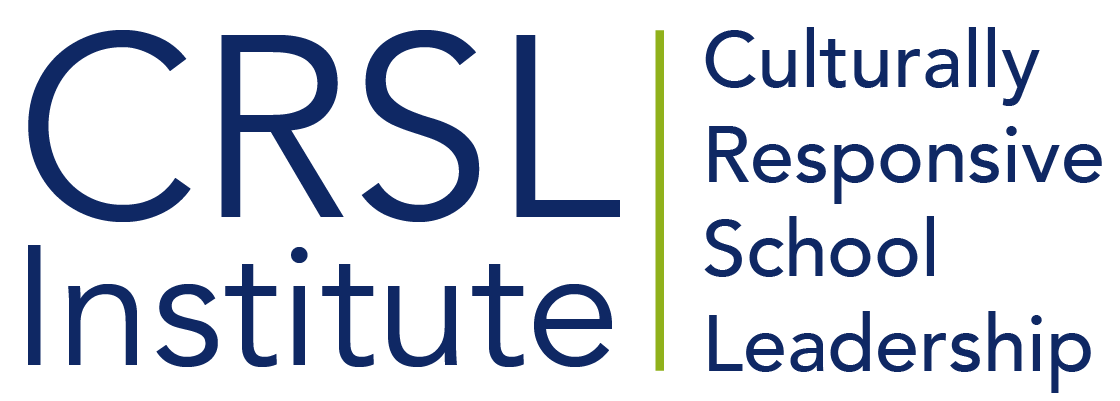Don't miss this opportunity!
Apply for a FREE Equity Audit!
Why audits matter.
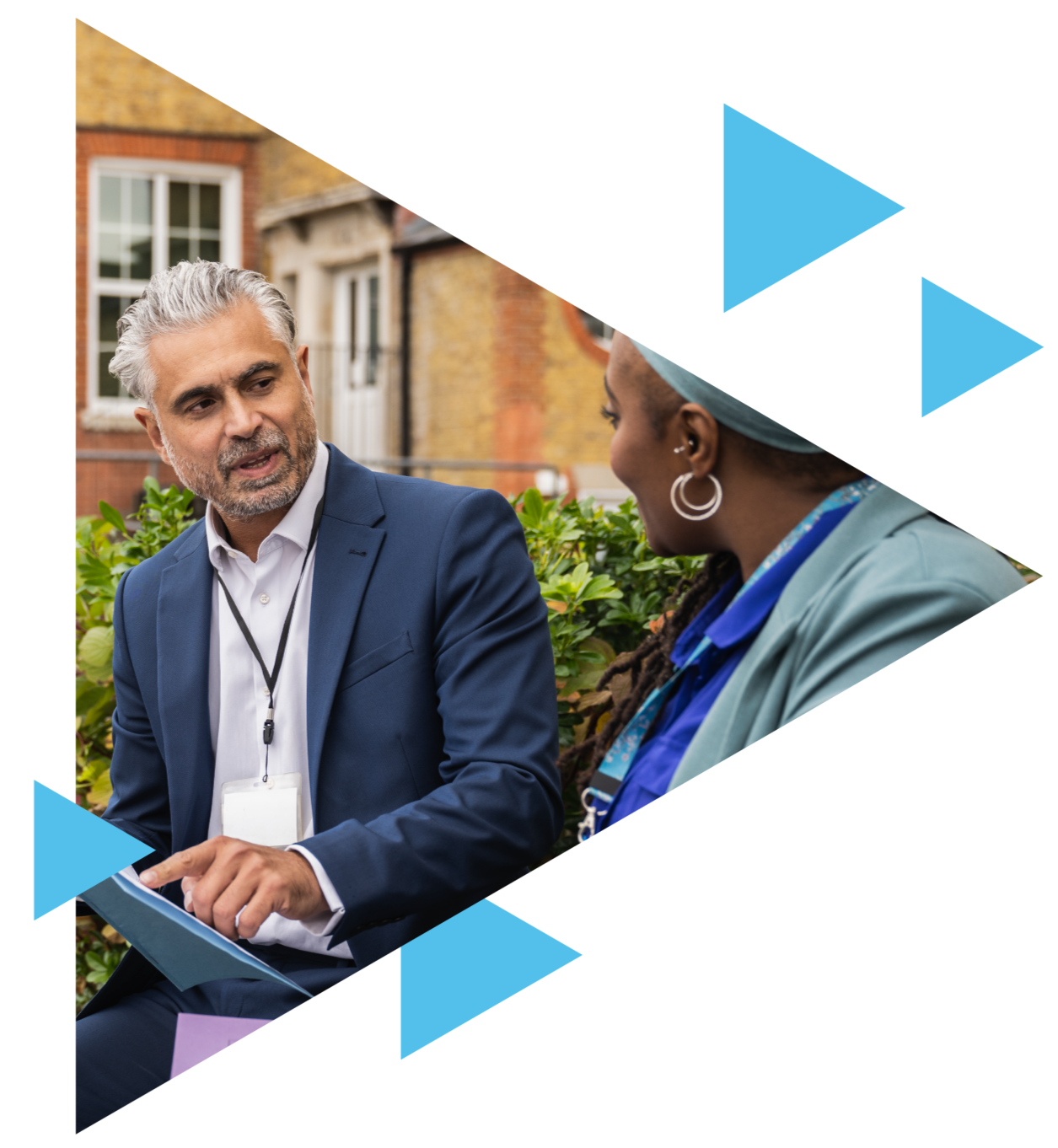
How schools are evaluated.
After all the data is collected and analysis is completed, we use the latest technologies to pinpoint the exact sources of the disparities in your schools and district. The output is a report that you can read and share—a playbook that shows the challenges and how we recommend they can be overcome.
Your school’s final Equity Audit will look at your school’s trends, policies, practices, cultures, and gaps. It will identify specific sources of your disparities and will offer recommendations based on these school-specific findings. For our district partners, we also identify district-level trends.
- Demographic Trend Analysis
- Qualitative Interviews & Analysis
- Policy Analysis
- Curriculum Analysis
How schools are involved.
As your partner, an Equity Audit happens for you and with you—not to you. We collaborate at every step, answer any question you may have, and make sure all relevant people know what’s happening and why it matters.
For many schools, an Equity Audit is the first step toward real and true change.
By partnering together, we’ll continue to make headway in the critical equity work needed in our schools.
"If you aren't trained to look for places that are perpetuating systematic racism, you may not even see that they're there. Until you can see those systems around you, you can't interrupt them. If you swim in it and you never even notice that you're part of a system that's continuing to perpetuate those inequities, you can't change it."
Christine Tucci Osorio, Superintendent
ISD 622 North St Paul/ Maplewood/Oakdale

Follow us on social
Where we are
St. Paul, MN 55105
612.584.9478
info@crsli.org
Featured links
Policy Pages
Connect with us
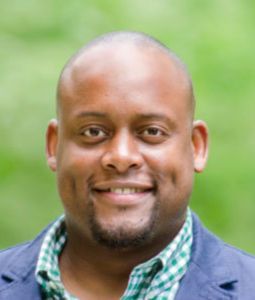
Dr. Muhammad Khalifa is a professor of educational administration and Executive Director for Urban Education Initiatives at the Ohio State University. Before coming to OSU, Dr. Khalifa held the Robert Beck Endowed Professorship in the Department of Organizational Leadership, Policy, and Development at the University of Minnesota, Twin Cities. Having worked as a public school teacher and administrator in Detroit, Dr. Khalifa's research examines how urban school leaders enact culturally responsive leadership practices. His latest book, Culturally Responsive School Leadership (2018) was published by Harvard Education Press. He has led equity audits in U.S. schools as a way to reduce achievement and discipline gaps, and he is the first to develop and use online Equity Audits for schools. In addition to his urban work in the U.S., Dr. Khalifa has engaged in school leadership reform in African and Asian countries, including a recent U.N. project in East Africa.

Darlinda Anderson serves as the senior vice president of Ajusted Equity Solutions/CRSLI. Her role within the organization is to charter leadership, organizational objectives, sustainable strategy, and advantageous expansion. For the last twenty years, she has worked in human resource management, K–12 education, and process-led project management. Overall, Darlinda’s passion for balance and equity in the service of societal disparities—especially those in disadvantaged groups and professions—was the start of her overarching search for finding and supporting an organization that creates long-term sustainable opportunity for disadvantaged minorities.

Jessica Schrody, born and raised in Los Angeles, California, is a professional with a passion for digital storytelling and online marketing since 2017. Focused on social media, she crafts engaging narratives that captivate audiences and drive business success.
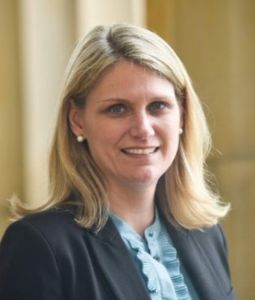
Dr. Katie Pekel, is the Principal in Residence for the University of Minnesota. In this role Dr. Pekel serves as the department’s direct connection between the fields of research and practice in PK-12 education. She leads the Minnesota Principals Academy, co-directs the Urban Leadership Academy, developed the University’s District Leadership Academy with Dr. Kim Gibbons and the Culturally Responsive School Leadership Academy with colleague Dr. Muhammad Khalifa. Dr. Pekel also serves as a graduate coordinator or the Educational Policy and Leadership track within the Department of Organizational Leadership, Policy and Development. She teaches courses for aspiring school principals and doctoral students and coordinates the Executive PhD cohort for educational leaders. Dr. Pekel has also worked with the University’s College Readiness Consortium guiding school principals and leadership teams from over 150 schools across Minnesota on their implementation of Ramp-Up to Readiness™, the University’s school-wide college readiness program for students in grades 6-12. Dr. Pekel has served at all levels of K-12 education first as a high school English teacher, as an elementary principal and most recently as a middle school principal for six years in Austin, MN.

Maggie Smith-Peterson is the Director of Instructional Design & Learning for the Culturally Responsive School Leadership Institute and leads projects focused on the creation and expansion of learning experiences, services and tools for developing socially just and racially equitable leaders and school systems. Maggie has served as an elementary classroom teacher, specialist/coach, adjunct professor, district program facilitator, and professional learning designer in a variety of school systems and organizations, including New York City Public Schools, St. Paul Public Schools, Minneapolis Public Schools, the University of Minnesota, and the University of St. Thomas. Maggie holds an M.S. and an M.A. in education, and received her Ph.D. in Curriculum and Instruction from the University of Minnesota. As a scholar, she studies social justice issues in gifted education and advanced academics with a particular focus on the history of scientific racism and its implications for structural reproduction. As a designer, Maggie specializes in visual and multimedia design, UX/LX research and design, and learning technologies.
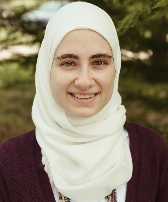
Noor Doukmak is the Director of Operations & Community Partnerships at the Culturally Responsive School Leadership Institute. She channels her passion for educational equity and excellence into creating research-based content for practitioners, collaborating with school and district leaders to support their equity initiatives, and facilitating smooth operations across CRSLI’s projects.

Course 1: Historical & Community-Based Epistemology
-
Session 1 - Colonial Discourses: Analyze the historical continuities of deficitizing beliefs about minoritized students and families by examining colonial discourses.
-
Session 2 - Historicizing Community Context: Historicize the conditions and events that have impacted your school system's minoritized communities over time.
-
Session 3 - Understanding Epistemology: Define epistemology and visibilize its variances within both dominant and minoritized communities and cultures.
-
Session 4 - Community-based vs. School-centric Epistemology: Differentiate between school-centric and community-based epistemologies.

Course 2: Leadership for Critical Reflection
-
Session 1 - Developing a Personal Critical Reflection Practice: Recognize and self-assess the essential leadership skills for personal critical self-reflection.
-
Session 2 - Leading Dynamic Critical Reflection: Engage critical reflection beyond the personal level by examining the structures, practices, experiences, and content used in school(s).
-
Session 3 - Leading Community-Centered Critical Reflection: Implement a plan to include the perspectives of minoritized students, families, and communities in leadership of critical reflection.
-
Session 4 - Institutionalizing Critical Reflection: Develop a roadmap for embedding critical reflection dynamically across your system, among multiple stakeholders, and over time.
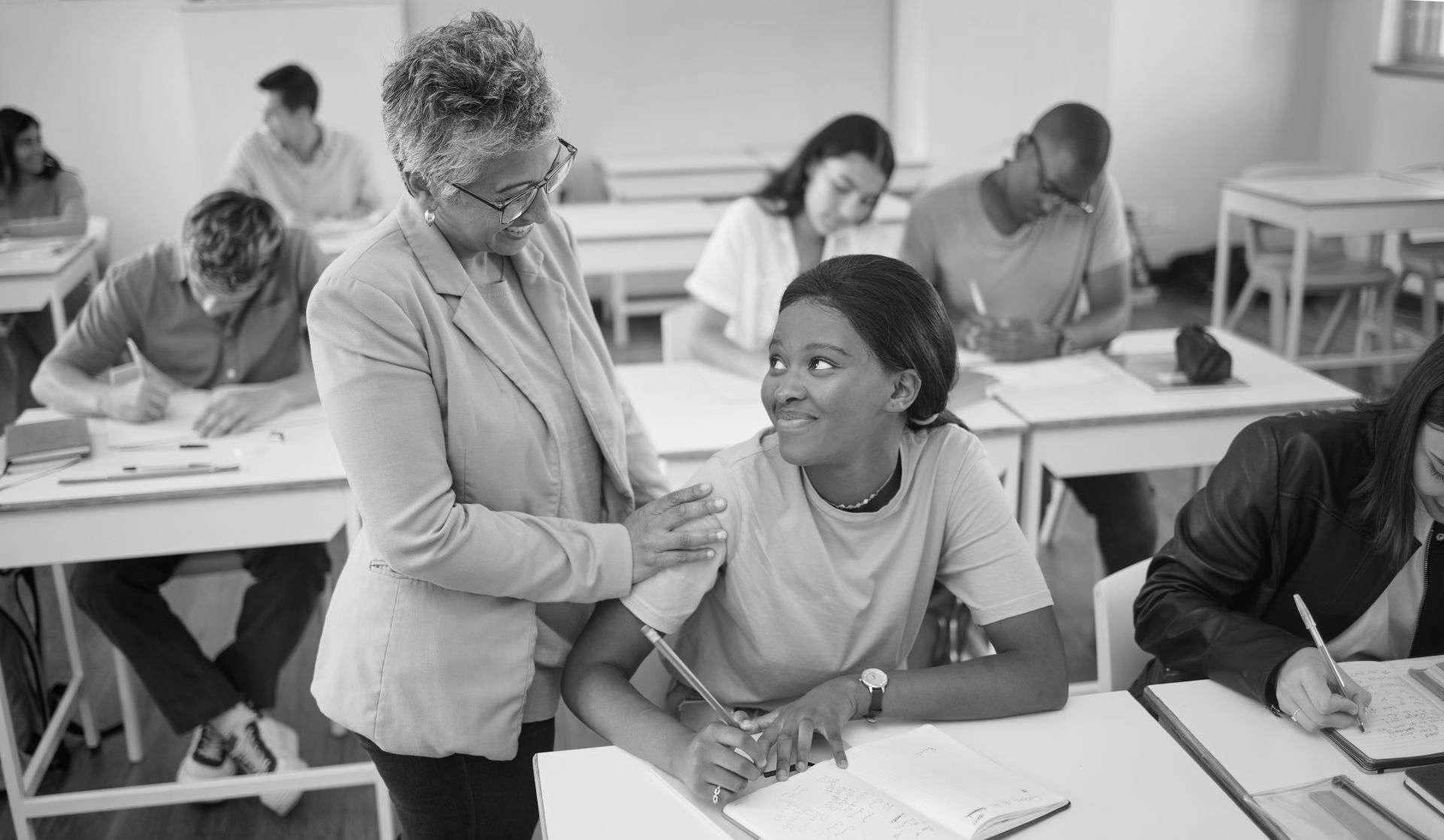
Course 3: Leading Inclusive Schools
-
Session 1 - Inclusionary vs. Exclusionary Practices: Identify and differentiate between exclusionary and inclusionary practices.
-
Session 2 - Challenging Exclusionary Practices: Use mentoring and modeling to transition educators out of exclusionary practices and into inclusionary responses to student behaviors.
-
Session 3 - Restorative Discipline: Critique common disciplinary frameworks by identifying the ways in which they fail to disrupt exclusionary practices.
-
Session 4 - Community-Based Behavior Modification: Synthesize understandings of inclusionary practices by developing a framework for community-based behavior modification.

Course 4: Humanizing Student Identity
-
Session 1 - Visibilizing Dehumanization: Understand community-based identities and visibilize practices that dehumanize them.
-
Session 2 - Developing Social Capital Networks: Establish social capital networks that leverage school resources and staff to empower parents and cultivate relationships.
-
Session 3 - Centering Students' Cultural Capital: Create a plan to allow teachers and other school staff to identify and use minoritized students' cultural capital.
-
Session 4 - Leading Humanizing Schools: Systematize approaches to harnessing cultural and social capital to resolve equity issues in schools.
